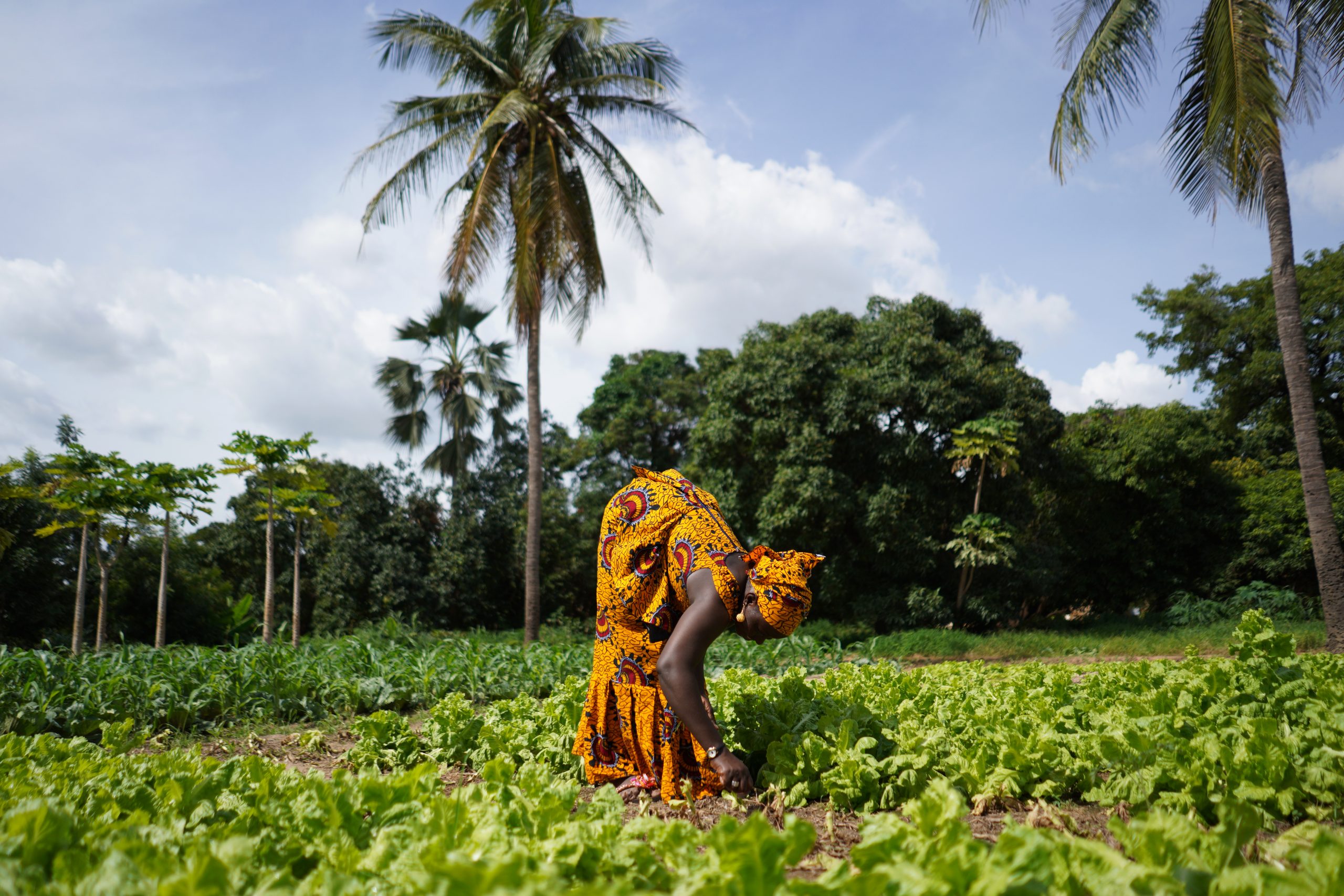News
Our sustainable future depends on gender equality

News | Mar 2022
Women are agents of transformational change and stewards of nature. They also play a leading role as food producers, representing more than 40% of the agricultural labor and 47% of the global fishing workforce. Yet ongoing discrimination means they continue to be under-represented in decision making and their access to and control of land and resources is severely limited – often making women more vulnerable to environmental degradation from biodiversity loss and climate change.
Today marks International Women’s Day, with UN entities particularly celebrating the impact of female action in safeguarding biodiversity and enabling sustainable development, under the theme “gender equality today for a sustainable tomorrow”.
Gender equality is also a vital driver across UNEP-WCMC's work, from our research into women’s contributions and opportunities for improved gender equality and women’s empowerment, to ensuring women’s efforts and rights are recognised in national and international policy and planning.
Celebrating International Women’s Day 2022, we shine a light on key UNEP-WCMC projects exploring and promoting gender equality:
Towards a gender-responsive post-2020 global biodiversity framework
Over the past three years UNEP-WCMC has worked with UN Women to explore practical ways to ensure that gender equality and women’s empowerment is adequately reflected in the post-2020 global biodiversity framework (the upcoming and highly anticipated set of new global goals for nature) and its future implementation.
Our latest collaborative output is a briefing of key recommendations – produced with inputs from experts and Parties to the Convention on Biological Diversity (CBD) – to help inform discussions in the run up to the finalisation of the Post-2020 Biodiversity Framework at the UN Biodiversity Conference (CBD COP15), anticipated later this year.
The brief outlines key opportunities for:
- Integrating of a gender perspective in the post-2020 global biodiversity framework
- Integrating gender considerations into planning, monitoring and reporting processes
- Ensuring that support mechanisms are gender-responsive and promote women’s empowerment
UNEP-WCMC gender and biodiversity lead Katherine Despot-Belmonte said:
“Evidence shows that integrating gender considerations into biodiversity policy and programming leads to positive outcomes for people and nature. We have a real opportunity to ensure that the post-2020 global biodiversity framework champions the contributions, rights and equality of women across the world.”
Incorporating women’s input into National Ecosystem Assessments
UNEP-WCMC's National Ecosystem Assessment Initiative works alongside related UN agencies and biodiversity partners to help countries around the world create tailored, state-level ecosystem assessments, to help guide national development and conservation planning.
Gender balance, women’s participation and women’s key local insights on biodiversity are fundamental throughout the assessment process. Countries receive training and guidance – via stakeholder mapping exercises, workshops, and the creation of tailored communications strategies – around effective and inclusive approaches to stakeholder engagement, to guarantee the voices of all stakeholders are heard during the national assessment process. This is particularly important for ensuring that contributions from indigenous peoples, local communities and women are considered and feed into the assessment process.
Researching gender equality and inequality across commodity chains
The Trade Development and Environment Hub (TRADE Hub) is a five-year collaborative research project focusing on the environmental and socioeconomic impact of trading commodities, including oil palm, soy, cocoa, rubber and wildlife trades. Lead by UNEP-WCMC and funded by the UK Government, it promotes and progresses research from 42 global research organisations.
Women’s roles and current gender inequality in supply chains – as well as proposed solutions – is an integral theme within TRADE Hub research. For example, last year, a TRADE Hub research team interviewed hundreds of male and female coffee farmers across Tanzania to reveal the scale of inequity across the production industry. They highlighted opportunities to combat discrimination and development the careers of female coffee producers, including encouraging equal access to land, credit and facilities, and through expanding production technologies which reduce discrimination.
Championing women’s role as biodiversity stewards across the wider UN system
The UN recently adopted a new Common Approach on biodiversity and nature-based solutions, aiming to ensure action for nature – and the vital interdependencies between society and nature – is recognised and championed across the UN system and beyond.
UNEP-WCMC played a major role in drafting the Common Approach during 2021, with various tools to mainstream its adoption and implementation coming soon. The Approach stresses the need to protect all human rights and ensure all peoples who are potentially vulnerable and proportionally disadvantaged – including women and girls – are included and championed, as the fulfilment of their rights is “essential for designing fair and effective actions to use, conserve and restore nature”.
Have a query?
Contact us
communications@unep-wcmc.org
